Point Dume Press, 2012
"Ergo silebo." - J.R.R. Tolkien
"I think we must get it firmly fixed in our minds that the very occasions on which we should most like to write a slashing review are precisely those on which we had much better hold our tongues."
- C.S. Lewis
I seem to always be in the minority. I did not care for this book, and would not recommend it. I looked in vain for anyone who shared my opinion. When I keep finding objectionable things as I read a book, I finally get to the point where I have to reject the whole thing. And now, meditating on the words of Tolkien and Lewis up above, I shall make this review as constructive as possible.
I should start by saying that I do not reject this book because it presents Eastern religion or mysticism. I actually enjoyed the part of the book which discussed the various aspects of the Indian religions. As a reader, knowing this to be fiction, there were certain things which happened in this book (spoilers) which I took as plausible because they were consistent with the eastern mysticism presented in this book. In short, I went ahead and, for argument's sake, assumed some things to be true which I know to be not true. I would be more specific, but I would have to mention a spoiler.
I'll start with the things I did liked about the book. I think Mr. Magid described the settings very well, especially those of the scenes in India. I especially thought that he did a good job describing Lahiri's village and environs. Perhaps it's just reminded me of the time I spent in the mountains of Switzerland when I was a little boy. Either way, I felt as if I were in India, in the mountains.
Now onto the negatives........
Joseph's brother Bill accompanies him all the way to the other side of the world, traveling by airplane, rail, taxi, and finally even by ox-cart to reach their final destination in the Himalayas. Then, once Joseph meets up with Lahiri, Bill turns around and leaves. Just like that. He doesn't rest overnight before starting on the long journey home. He doesn't eat. Heck, he doesn't even go to the bathroom before leaving his brother. What about his return ticket? Did he know how long it would take to escort his brother to the mountains? These are the kind of inconsistencies which bother me about books. I finished the book still fretting over Bill leaving so abruptly.
Then there is the question of the wheelchair. Unless I misunderstood, the main character needs a wheelchair to get around. Not only does he need a wheelchair, but I think he also had use of only one hand, which would make an electric wheelchair an absolute necessity. I have a little experience with wheelchairs, from assisting my brother with his wheelchair, to transporting patients throughout a hospital while I was a college student, to spending an arduous day in one as part of our training in medical school. So it seemed a bit farfetched to have a character who relies on an electric wheelchair go off to a village so remote that he had to reach it riding in an ox cart. Every rock, carpeting, any slight pitch or camber in the sidewalk - not to mention curbs - were like insurmountable obstructions to my patients and I as we traveled along; just imagine that same wheelchair in a village without any 'advanced' amenities.
Don't get me started on things which were snuck through airport security......
Finally, there is the question of what constitutes a novel. Reading this book, I suddenly realized that I was halfway through it when I reached page ninety-five. Around the same time, I noticed the phrase 'A Novel' on the front cover. While the definition of a novel does not stipulate a certain number of pages to qualify, it does suggest that a novel should encompass a span of time completely, not sketchily. This book covers about fifty-five years in less than two hundred pages, leaving a lot of questions as to what happened in the gaps in the story. I figure that there could have been a lot of friendships made and broken, loves found and lost, and mayhem created which the author could have included in his book. This was the ultimate disappointment.
I suspect that most readers will disagree with me, but thats how it goes sometimes. I welcome you to read this book and make your own judgement on the merits of this book.
Details:
Paul H. Magid web site:
http://www.paulhmagid.com/
Paul H. Magid Facebook:
https://www.facebook.com/
Lifting the Wheel of Karma Facebook:
https://www.facebook.com/
Tribute Books Blog Tours Facebook:
https://www.facebook.com/
Lifting the Wheel of Karma blog tour site:
http://liftingthewheelofkarma.







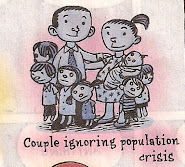




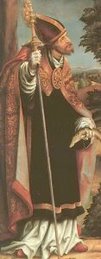
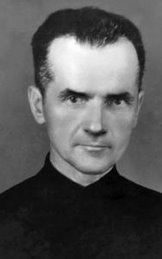

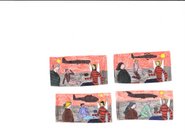
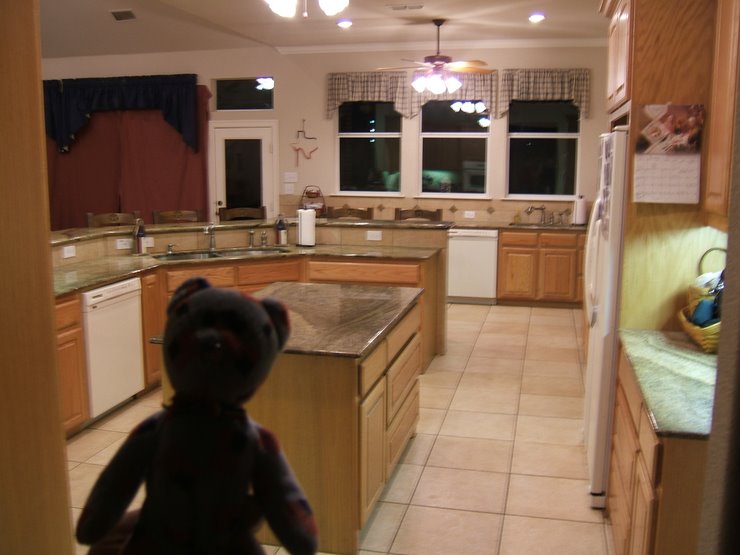

1 comment:
Stephen, thank you for taking the time to read and review Paul's book.
Post a Comment